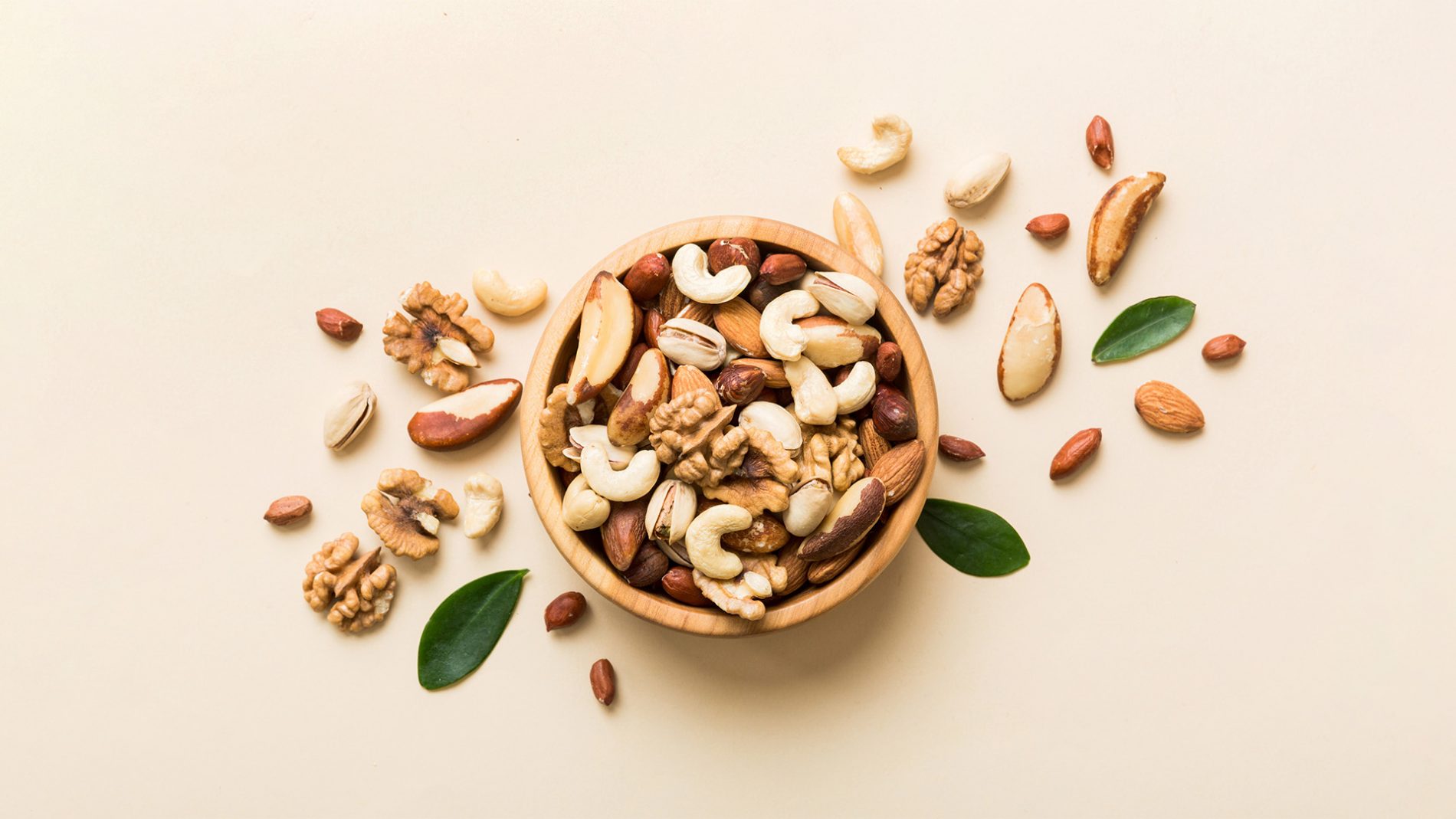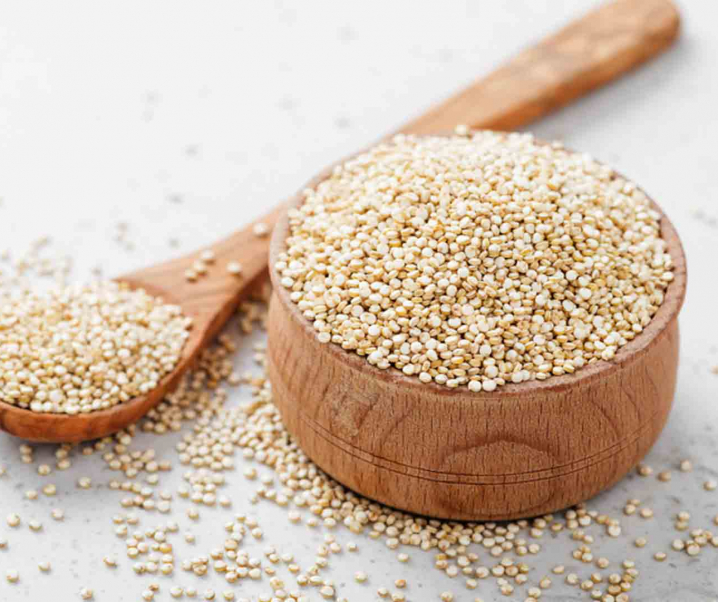Dried fruit is one of those foods that you either love or hate. Some people think it’s too sweet, too chewy, or too boring. Others can’t get enough of it and snack on it all day long.
But regardless of your personal preference, there’s no denying that dried fruit has some amazing health benefits that make it worth including in your diet in 2024. Here are five reasons why you should eat more dried fruit this year.
#1 Dried fruit is rich in antioxidants
Antioxidants are substances that protect your cells from free radicals, which are harmful molecules that can cause oxidative stress and damage your DNA, proteins, and lipids. They can also help prevent or reduce the effects of oxidative stress by neutralising free radicals and boosting your immune system.
Dried fruit is a great source of antioxidants, especially polyphenols, which are plant compounds that have anti-inflammatory, anti-cancer, and anti-diabetic properties. Some of the dried fruits that have the highest antioxidant content are prunes, raisins, dates, figs, and apricots. Eating dried fruit regularly can help you increase your intake of antioxidants and lower your risk of developing chronic diseases.
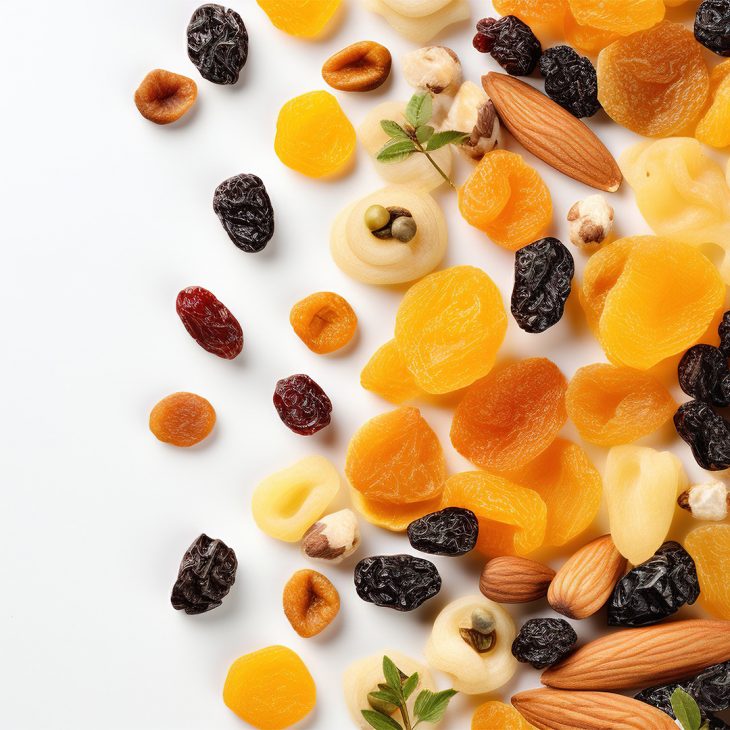
#2 Dried fruit is high in fibre
Fibre is a type of carbohydrate that your body cannot digest. It passes through your digestive system and helps regulate your bowel movements, lower your cholesterol levels, control your blood sugar levels, and keep you feeling full. Fiber also feeds the beneficial bacteria in your gut, which can improve your digestion, immunity, and mood.
Dried fruit is an excellent source of fibre, especially soluble fibre, which dissolves in water and forms a gel-like substance that slows down the absorption of glucose and cholesterol in your bloodstream. Soluble fibre can help lower your blood pressure, reduce your LDL (bad) cholesterol, and prevent spikes in your blood sugar. Some of the dried fruits that are high in fibre are figs, prunes, dates, and pears. Eating dried fruit can help you meet your daily fibre needs and improve your digestive health.
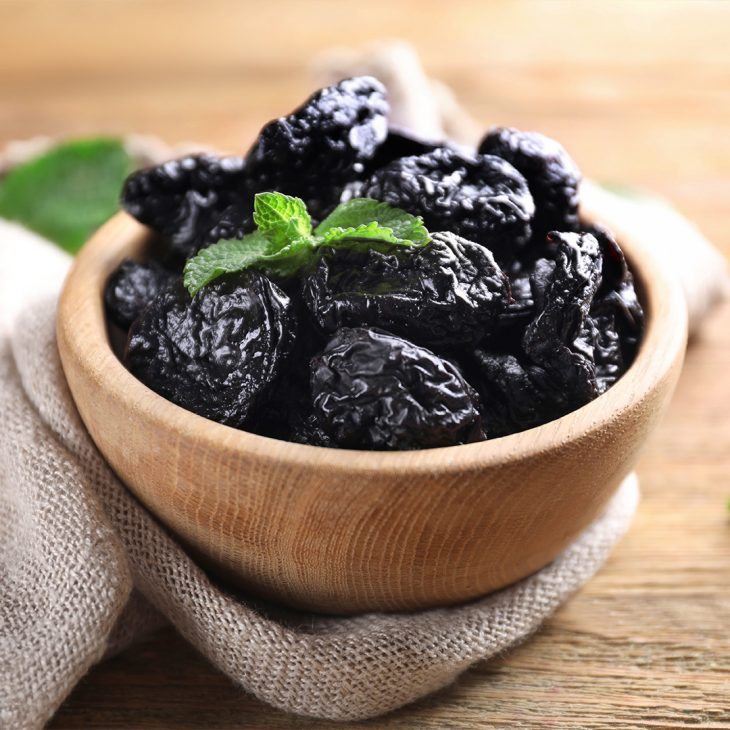
#3 Dried fruit is packed with vitamins and minerals
Vitamins and minerals are essential nutrients that your body needs to function properly. They play important roles in various biological processes, such as metabolism, growth, development, immunity, and nerve function.
Dried fruit has concentrated vitamins and minerals, as most of the water is removed during the drying process. This means that dried fruit has more nutrients per gram than fresh fruit. Some of the vitamins and minerals that you can find in dried fruit are vitamin A, vitamin C, vitamin K, folate, iron, potassium, magnesium, and calcium. Eating dried fruit can help you boost your intake of vitamins and minerals and prevent deficiencies that can impair your health.
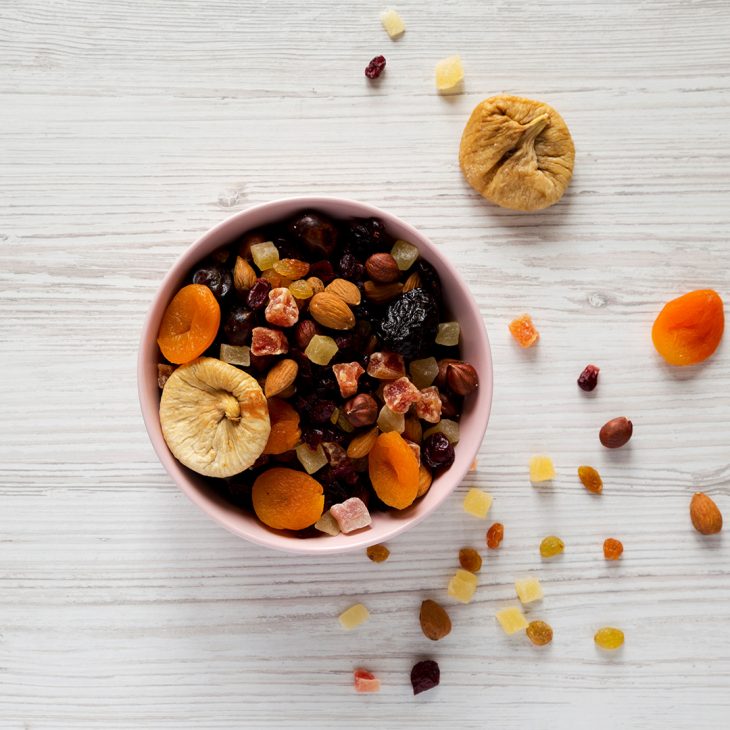
#4 Dried fruit is easy to store and transport
One of the advantages of dried fruit is that it has a long shelf life and does not require refrigeration. This makes it ideal for storing and transporting, as you don’t have to worry about spoilage or contamination. You can keep dried fruit in a cool, dry, and dark place for up to a year or even longer if you use a vacuum-sealed container.
It is also convenient to carry around and snack on whenever you need a quick boost of energy. You can pack dried fruit in your backpack, purse, or lunch box and enjoy it on the go. You can also add dried fruit to your cereal, yoghurt, salad, or baked goods for extra flavour and nutrition.
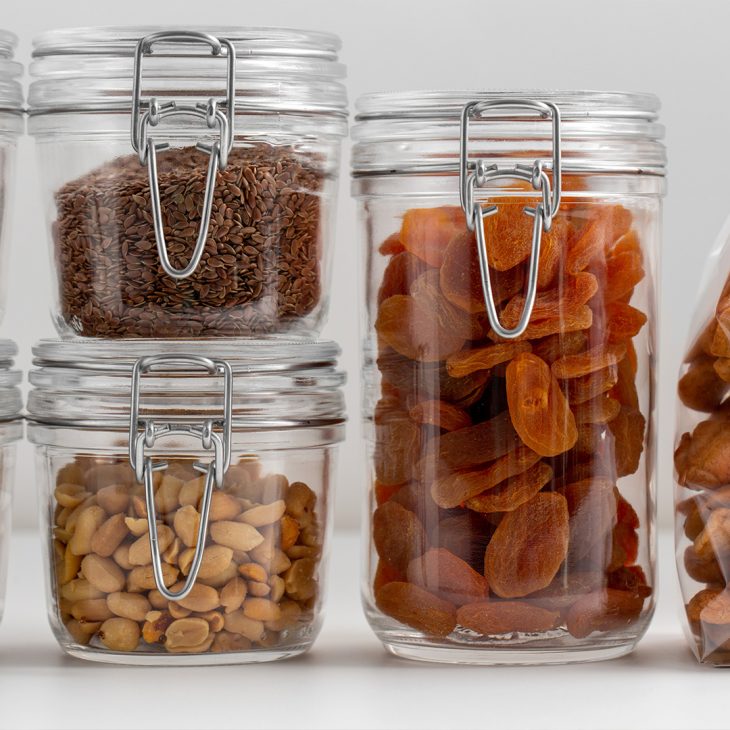
#5 Dried fruit is delicious and satisfying
Last but not least, dried fruit is delicious and satisfying. It also has a concentrated flavour that can satisfy your sweet tooth without adding too much sugar to your diet. Munching on dry fruits can also help you curb your appetite and prevent overeating, as it fills you up with fewer calories than fresh fruit.
You can mix and match different types of dried fruit to create your own custom blends. Some of the popular combinations are tropical mix (mango, pineapple, papaya, and coconut), berry mix (cranberries, blueberries, cherries, and strawberries), and nut mix (almonds, walnuts, pistachios, and raisins). Dried fruit is a tasty and satisfying snack that you can enjoy anytime.

Wrap-up
Dried fruit is a nutritious and delicious food that you should include in your diet in 2024. It can help you improve your health and satisfy your hunger and cravings. So, what are you waiting for? Grab some dried fruit and start reaping its benefits today!
FAQs
Q: Is dried fruit healthy?
A: Yes, dried fruit is healthy, as long as you eat it in moderation and choose the ones that are unsweetened and sulfite-free. Dried fruit has many health benefits, such as providing antioxidants, fibre, vitamins, and minerals. However, dried fruit also has more calories and sugar than fresh fruit, so you should limit your intake to a handful per day.
Q: How much dried fruit should you eat per day?
A: The recommended serving size for dried fruit is about 1/4 cup, which is equivalent to 1/2 cup of fresh fruit. This amount counts as one of the five servings of fruits and vegetables that you should eat per day. You can eat dried fruit as a snack or add it to your meals and desserts for extra flavour and nutrition.
Q: What are the best dried fruits to eat?
A: Some of the best dried fruits to eat are prunes, raisins, dates, figs, apricots, and pears, as these have the highest antioxidant, fibre, vitamin, and mineral content. However, you can also eat other types of dried fruit, such as apples, bananas, cranberries, mangoes, and pineapples, as long as you watch your portion size and sugar intake.

